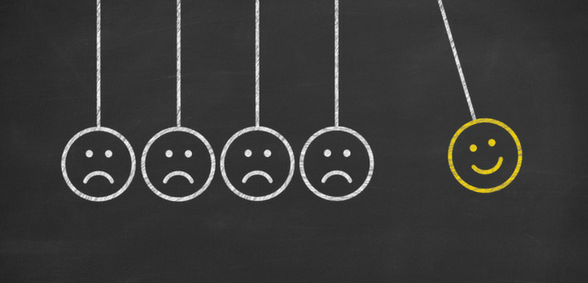
In the school system we focus on learning as important for children – we make sure young people develop skills, knowledge and experience to help them on their journey into adulthood. However, just as it’s important for children to learn, research has shown that, if we keep learning throughout adulthood and into later life, this can have a positive impact on maintaining and improving our mental health and wellbeing
CREDIT: This story was first seen in Mind in Brighton and Hove.
What is learning?
Learning is about gaining new knowledge, developing skills and having new experiences that enrich our lives. Learning is about challenging ourselves to do something different or improve upon what we’ve done before. Learning can take many shapes and forms – it could mean taking a new educational or vocational course, refining existing skills, challenging ourselves to develop new ones or approaching new tasks and events that we’ve not tried before. Broadening our minds helps us gain insight into life, ourselves and the world around us, which are all good things for our mental wellbeing.
Learning is good for our minds and our bodies – it’s good for our mental health. It has been shown to have a number of benefits to our sense of wellbeing and life satisfaction – here are five of the key ones.
Increases our self-esteem
Learning new skills, experiencing new things and overcoming a challenge (big or small) can help us feel better about ourselves. Achieving what we’ve set out to do, or becoming wiser through our experiences, can help us feel better-equipped to take on life’s challenges and achieve our larger goals. Knowing that we’ve been able to deal with challenges, we feel more confident in ourselves and our abilities and more able to take on new things. The practice of setting goals – which is related to learning – in particular, has been strongly associated with higher levels of wellbeing.
Encourages social interaction
Connecting with others can provide us with a sense of belonging, the feeling of being valued and accepted, and can affirm our status and self-worth. Learning often involves being around other people – whether it’s attending an educational group, trying out a new hobby or taking on new responsibilities at work or in your local community. Although some learning happens while we are by ourselves, it often involves learning from other people and spending time with others, which is important for our mental health and wellbeing.
Gives us a sense of hope and purpose
Studies and anecdotal evidence have shown how learning new skills and gaining new knowledge can contribute to having a greater sense of hope and purpose in life. Through learning new things, and having new experiences, we may begin to feel that there is more hope for the future and by setting goals for ourselves, and working to achieve them, we gain a sense of purpose and the feeling that things are ‘moving forward’.
Better ability to cope with stress
People who carry on learning after childhood report higher wellbeing and a greater ability to cope with stress. They also report more feelings of self-esteem, hope and purpose, according to the NHS. When we are learning we are focusing our mind’s attention on the here-and-now; being in the present moment, we focus our minds away from past experiences or future worries, which has been shown to reduce stress and promote mental wellbeing.
Everyday learning
Learning something new each day can be really good for our wellbeing as it helps us view the world from a range of perspectives, makes it easier to adapt to new situations and inspires creativity within us. It doesn’t need to be about formal education, although taking a course at a local adult learning centre can be a great way of having new experiences and learning something new.
Don’t forget to follow us on Twitter, like us on Facebook, or connect with us on LinkedIn!

Be the first to comment